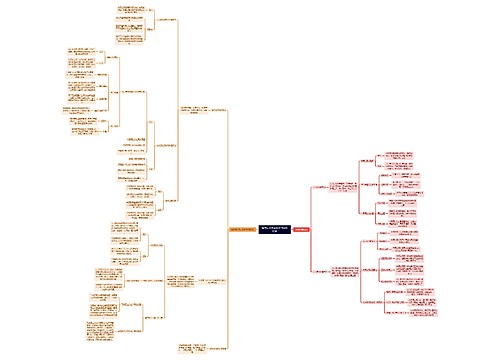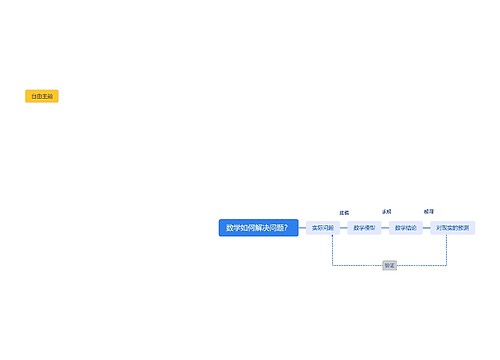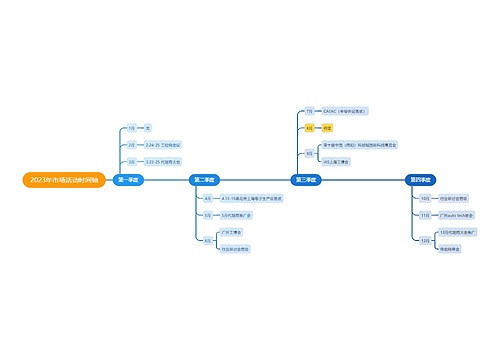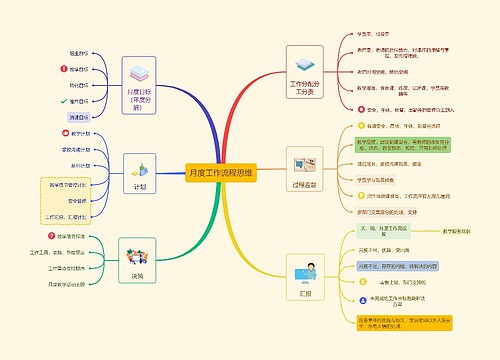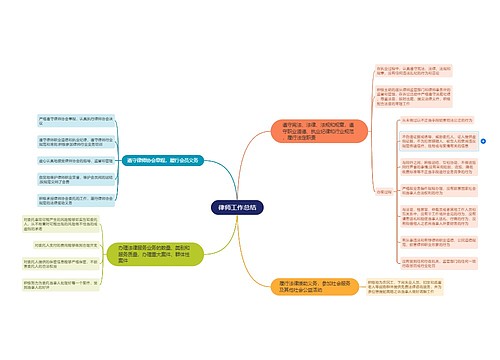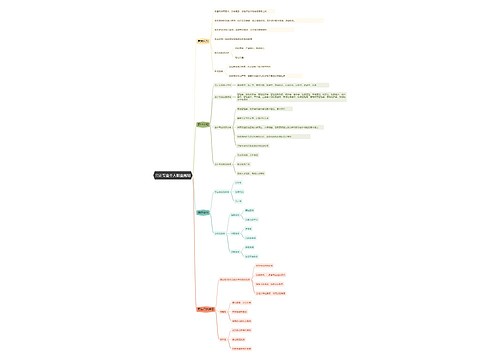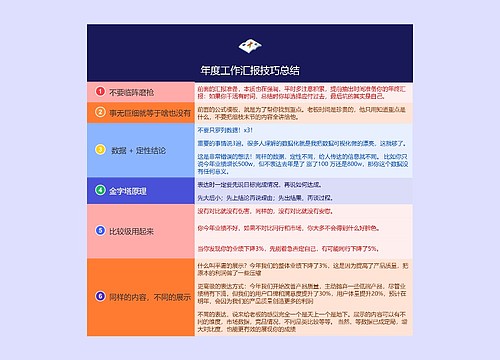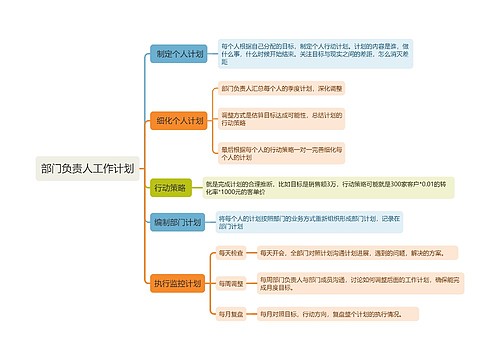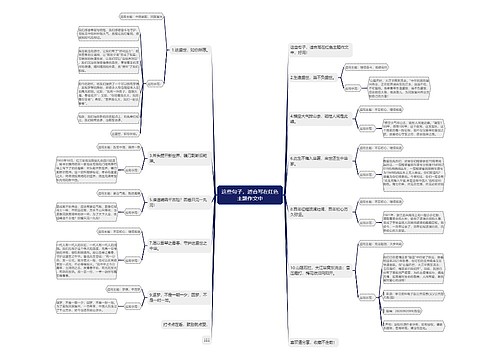Than引导的比较状语从句我们都接触过,但than的用法却并不简单,有时候一些句子容易造成理解上的困难,比如上面截图中的两句:
(1) There ought to be less anxiety over the risk of mountain climbing than exists in the public mind.
(2) The swimming pool seems to be a great deal more luxurious than is necessary.
在两个句子中than都是作为连词引导比较状语从句,不过句子中出现了省略现象,因此可能会对语法分析造成困难,句子补充完整后是:
(1) There ought to be less anxiety over the risk of mountain climbing than (the anxiety that) exists in the public mind.
(2) The swimming pool seems to be a great deal more luxurious than (what) is necessary.
省略现象在than引导的比较状语从句中很常见,这里分析一下常见的几种省略类型。
than从句中有时候主语可以省略,在理解时我们要根据句子语境对主语进行补充,比如新概念英语3里面有这样一个句子:
To compensate for his unpleasant experiences in hospital, the man drank a little more than was good for him.
(为了补偿住院这一段不愉快的经历,那人喝得稍微多了一点。)
不少同学无法理解…the man drank a little more than was good for him这一用法,这里其实是省略了主语what,补充完整是:…the man drank a little more than (what) was good for him.
一些语法学家认为,than后面带what结构是累赘的表达,因此在比较正式的表达中,than后面的主语what经常省略。
文章开头出现的句子:There ought to be less anxiety over the risk of mountain climbing than (the anxiety that) exists in the public mind. 也是省略主语的情况。
在比较状语从句中还会出现than usual/than necessary这样的固定搭配,它们其实也是一种省略用法,比如:
They went to the office earlier than usual.
句子补充完整后相当于:
They went to the office earlier than (it was) usual (for them to go to the office).
当主句和从句中的谓语动词和时态一致,而主语不同时,经常会出现谓语部分省略的情况,比如:
He can run more quickly than his father (can).
Both recipes use more salt than mine (does).
在一些比较状语从句中主语和谓语也都可以省略,比如这个句子:
Wild animals spend less energy to live in winter than in summer.
这里than从句省略了主语和谓语,还原后相当于:
Wild animals spend less energy to live in winter than (they spend) in summer.
又比如《经济学人》文章里面有这样一个句子:
第二句补充完整后相当于:
End results were much better when managers were allowed to contribute than (end results were) when they were not (allowed to contribute).
需要注意的一点是,在than比较从句中有时候主语和谓语大部分都可以省略,但是介词短语、动词不定式、分词、动名词以及时间状语从句等结构都不省略,它们一般与than前面的部分形成平行结构,比如:
He has a higher opinion of Mary than of Jane.
这里的介词"of"不能省略,不然就破坏了than两边结构的平行。
又比如:
It is easier to understand a language than to speak it.
同时,如果than从句比较的是两个性质不同的事物,此时一般不使用省略,例如:
He speaks more quickly than his secretary can take dictation. (他说得很快,以至于秘书记不过来)
此时句子比较的两个对象是he speaks/ his secretary can take dictation,它们属于不同性质的事物,不能省略为:He speaks more quickly than his secretary.
除此之外,than从句中的省略有时候会造成歧义,我们在使用的时候要特别留意,比如:
Mr. Smith loves music more than his wife.
这句话也可以有两种理解:
(1) Mr. Smith loves music more than (he loves) his wife. (史密斯先生爱音乐胜过爱自己的妻子)
(2) Mr. Smith loves music more than his wife (does). (史密斯比他的妻子更喜欢音乐)
我们可以根据实际想表达的含义采取1句或2句的写法来消除歧义。



